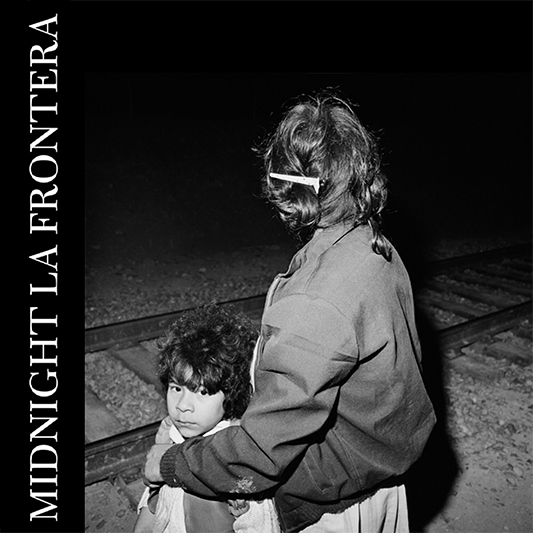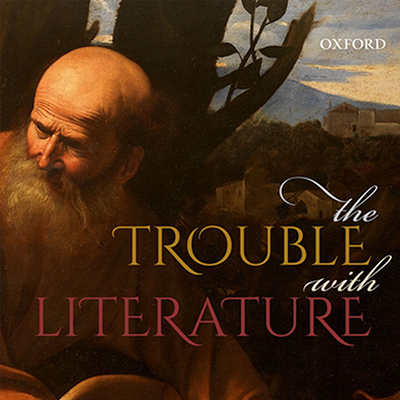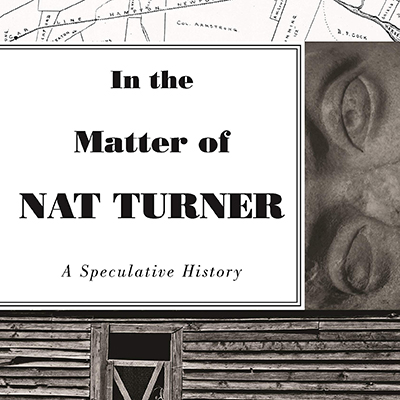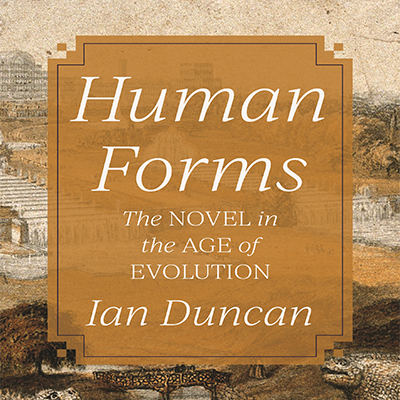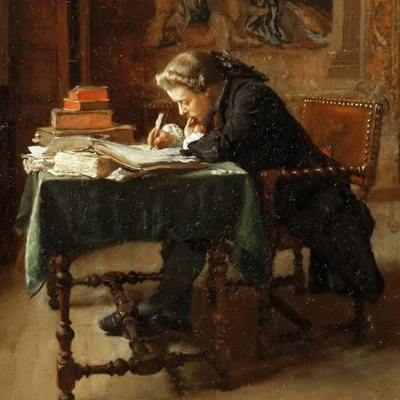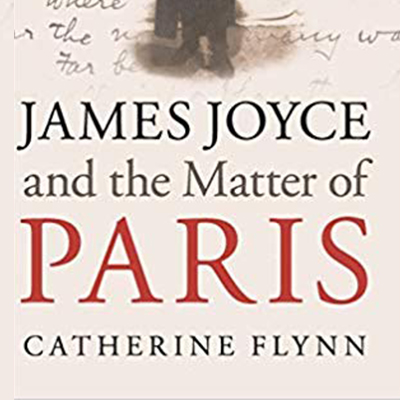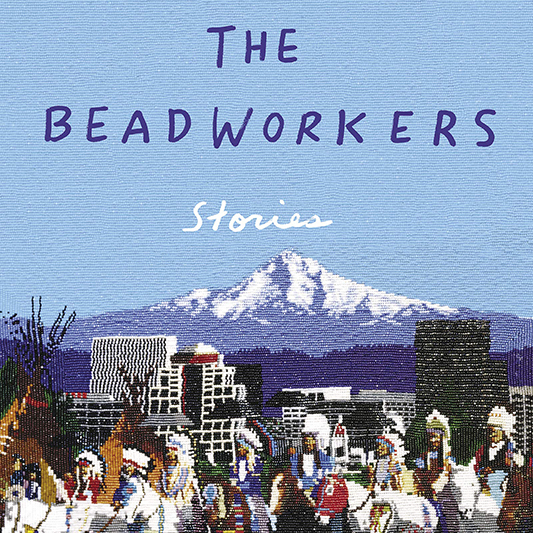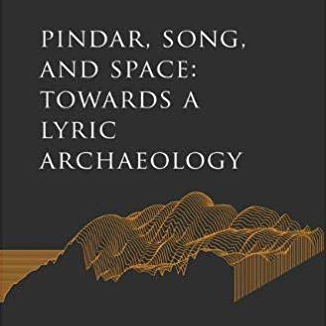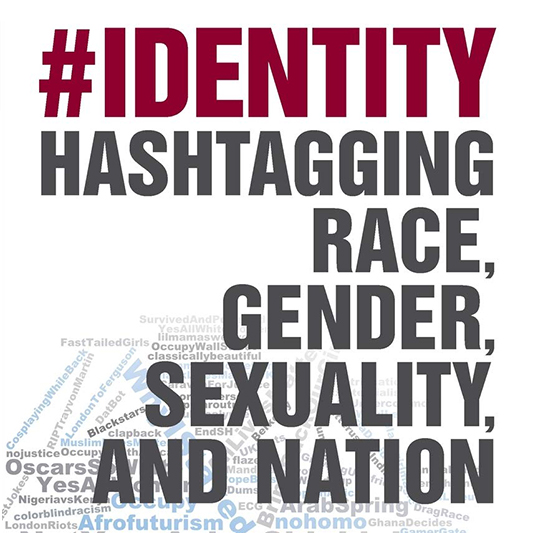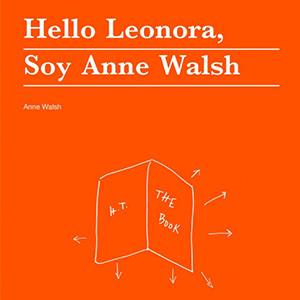Past Events
Documentary photographer Ken Light and author José Ángel Navejas discuss their book, which features photographs of US border patrol agents on their nighttime shifts on the Mexican border in the 1980s.
Victoria Kahn argues that the literature of the English Reformation (written during the fraught years of the late 16th and 17th centuries) marks a turning point in Western thinking about literature and literariness.
Christopher Tomlins offers a new interpretation of Nat Turner and the slave rebellion that stunned the American South.
Ian Duncan offers a major rethinking of the European novel and its relationship to early evolutionary science.
Ellen Oliensis offers a fresh approach to the Amores emphasizing the masochistic pleasures of the elegiac writing project.
Catherine Flynn explores the ways in which James Joyce's imaginative consciousness was shaped by the paradigmatic city of European urban modernity.
Beth Piatote’s debut short story collection is a reflection on modern Native American life.
Pindar, Song, and Space: Towards a Lyric Archaeology
In their study of the poet Pindar of Thebes, coauthors Leslie Kurke and Richard Neer develop a new methodological approach to classical Greece.
#identity: Hashtagging Race, Gender, Sexuality, and Nation
This collected volume offers a critical interdisciplinary view on how and why social media is at the heart of contemporary political discourse.
